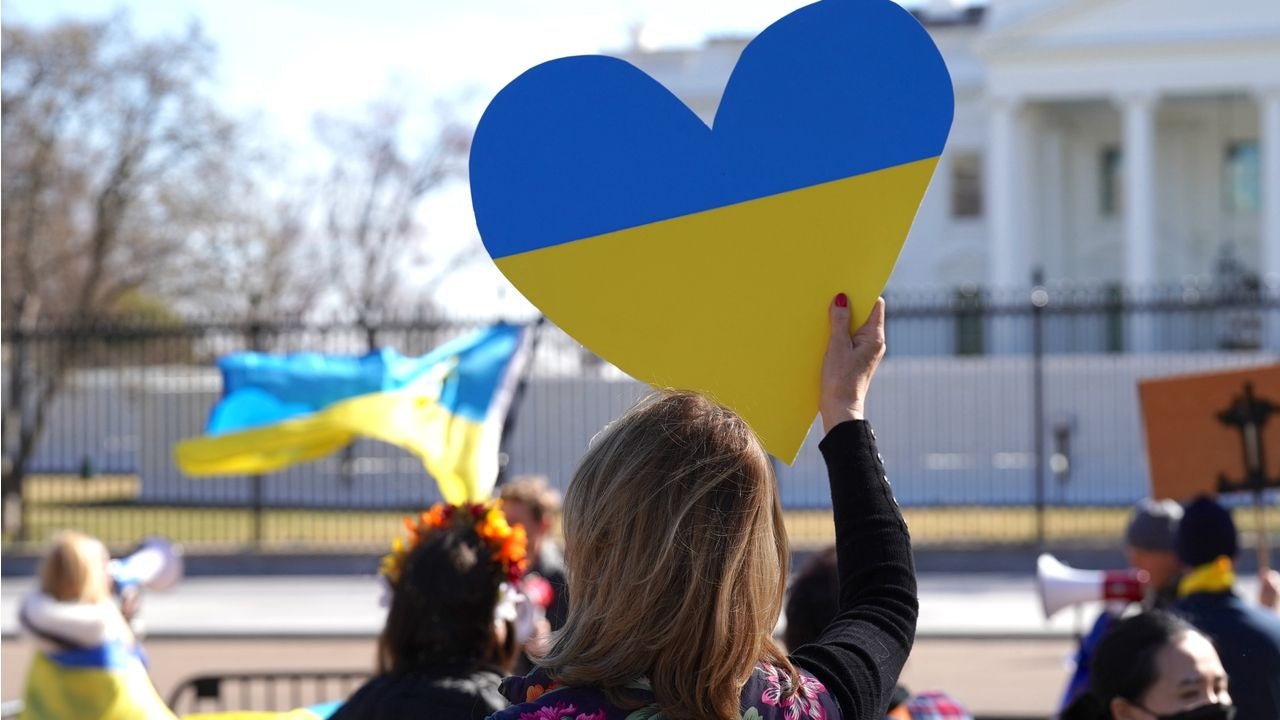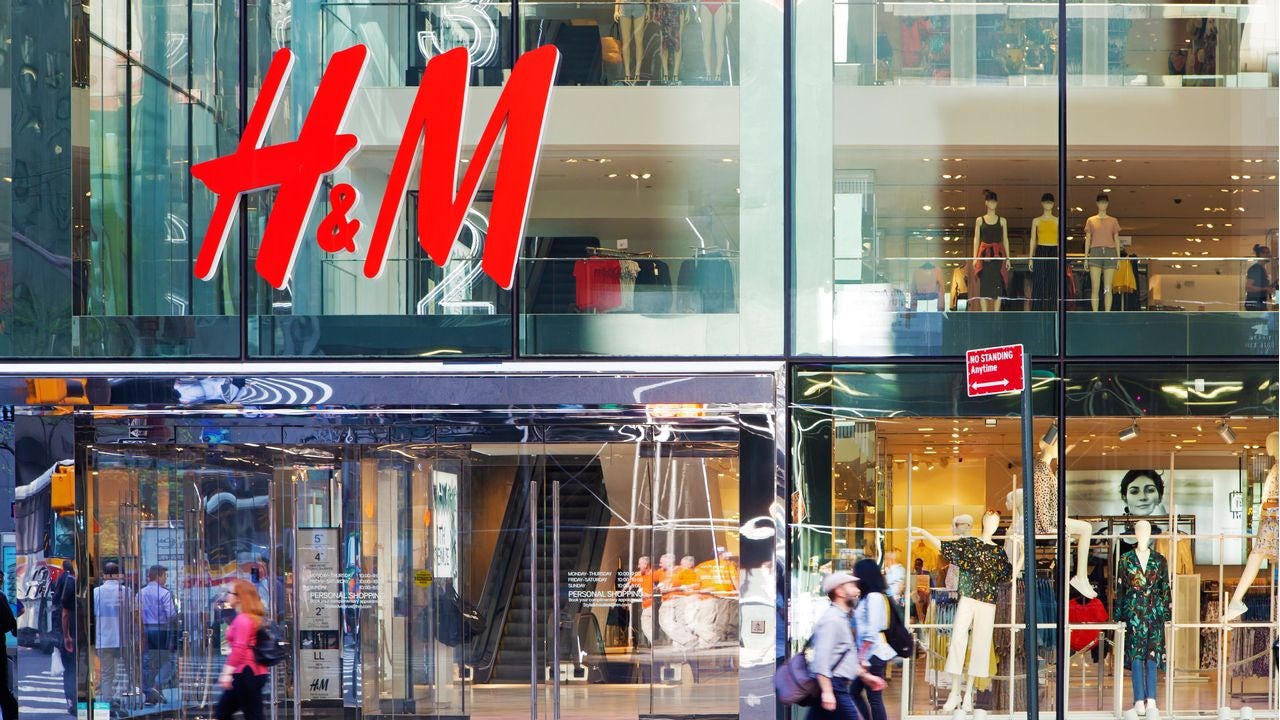Since Russia invaded Ukraine, many international brands have decided to either “pause” or cease operations in the Russian market. This has happened across sectors and includes major automobile manufacturers like BMW, McDonald's and other quick-service restaurants, labels such as Nike, and a host of major luxury groups including LVMH, Hermès, Richemont, Kering, Chanel, and Prada.
The optic and financial calculus for most businesses is clear, and many have at least temporarily ceased operations in Russia. Not doing so creates a real risk of angering consumers in core markets who are concerned by Russian aggression — and appear to be following the developments of the war to an unprecedented degree. Enterprises like Uniqlo that initially tried to remain apolitical have found themselves facing an aggressive backlash from Western consumers and have quickly adjusted their strategy.
While sales of luxury goods inside Russia only represent around five percent of purchases globally, store closures still represent a loss: years of investment in Russia-based operations, and the chance of working in what could have been a strong emerging market. Even if a peace deal was reached today, it seems unlikely that we will see anything approaching business as usual in Russia any time soon.
What is happening in Russia shows just how difficult it has become for brands to navigate the economic fallout of war and maintain global success in a complex world — and how decisions in one market impact sales in another.
Moreover, how labels manage their relationship with domestic consumers in a time of increased political risk will define their ability to grow in the year ahead. Unlike Russia, China is one of (if not the) biggest markets globally for many luxury outfits, so as they halt operations in Russia, maintaining warm relations with Chinese consumers becomes that much more important. For many of these establishments a drop in local sales would be catastrophic. As a result, Chinese consumers now wield tremendous power.
Moreover, the online dialogue between netizens around Russia's invasion of Ukraine is markedly different than in Western nations — and the idea that Russia was backed into a corner is widely propagated online. Chinese consumers have also taken a dim view of past US sanctions on Chinese companies like Huawei, not to mention recent comments made by western businesses like Hamp;M (in relation to Xinjiang cotton).
Burberry, Hamp;M, and others that have already seen Chinese consumers turn away over the Xinjiang cotton crisis now face additional outrage. Following the decision to pause operations in Russia, a minority of vocal Chinese consumers have suggested they exit the market altogether.
Businesses operating globally and with a significant presence in the mainland need to engage in the delicate balancing act of holding to a clear framework of social responsibility — while at the same time not alienating consumers from alternative markets that may have a very different view of the world.
Though luxury houses operating here are somewhat insulated from politics and do not face as much risk from replacement by homegrown alternatives (as Hamp;M or adidas do), they are learning that public opinion can change rapidly. And, that their stance on global issues needs to take into account not just the feelings and perceptions of Western markets, but also those of Chinese consumers: who have long memories and are perfectly happy to vote with their wallets.
The future for luxury is still bright in China. But, more than ever, brands need to be attuned to how their global marketing message and strategic decisions will be received.


